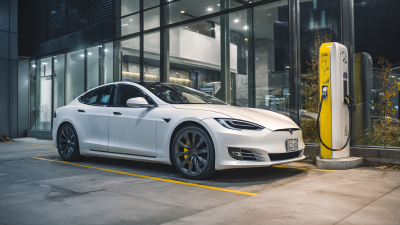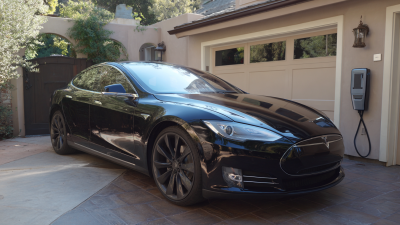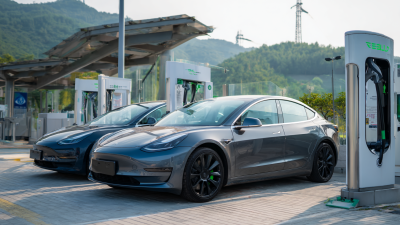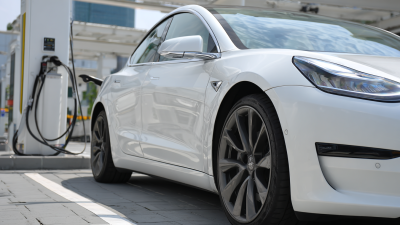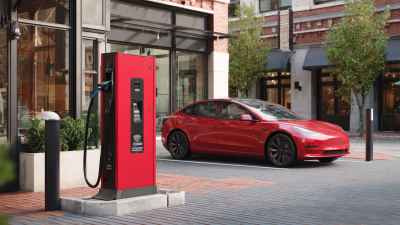As the automotive industry continues to evolve, the significance of the Electric Vehicle Charger has become more pronounced than ever, especially in 2023. With the increasing adoption of electric vehicles (EVs), it is crucial to stay informed about the latest innovations and trends shaping the charging landscape. This article delves into various advancements in charger technology, highlighting features such as faster charging times, enhanced connectivity, and integration with renewable energy sources. Moreover, we will provide actionable tips for consumers and businesses alike to navigate this rapidly changing environment. Understanding these dynamics is essential not only for EV owners but also for those interested in the broader implications of sustainable transportation solutions. Join us as we explore what the future holds for Electric Vehicle Chargers and how to make informed decisions in this transformative era.
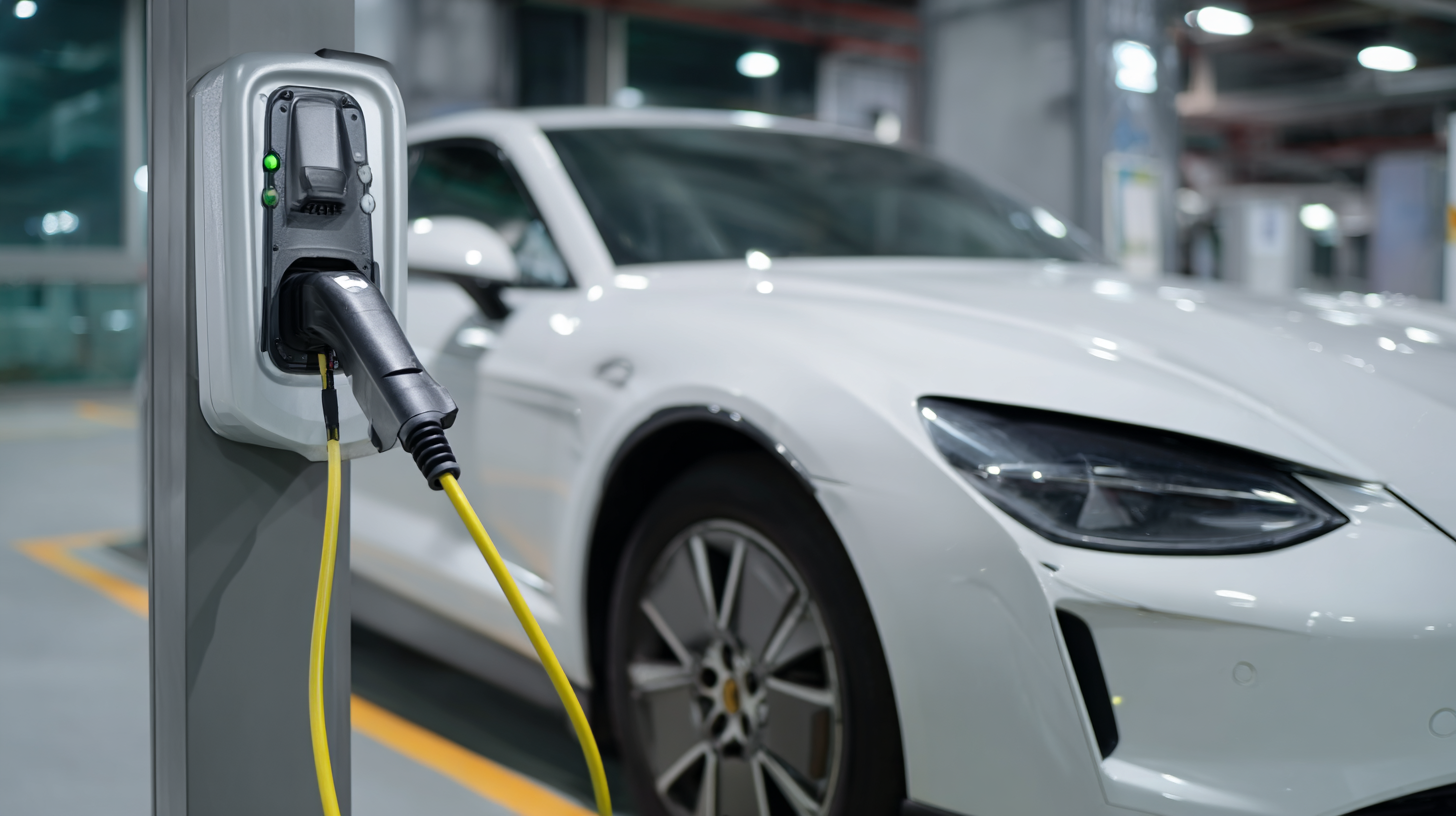
The electric vehicle (EV) industry is poised for a transformation in 2023, particularly with the emergence of ultra-fast charging solutions that promise to reshape the landscape of EV infrastructure. These cutting-edge charging stations are designed to deliver significantly higher power levels, enabling vehicles to recharge in as little as 15 to 20 minutes. This leap in charging speed addresses one of the most critical barriers to EV adoption: range anxiety. With ultra-fast chargers becoming more prevalent, drivers can enjoy increased convenience and flexibility, making electric vehicles a more viable option for long-distance travel.
Moreover, the advancement of technology in ultra-fast chargers includes innovations such as improved power management systems and integration with renewable energy sources. These developments not only enhance charging efficiency but also reduce the environmental impact of EV charging stations. As cities and governments invest in expanding their charging networks, the collaboration between automakers and charging infrastructure providers becomes essential. The rapid deployment of ultra-fast charging stations is set to redefine the user experience, creating a future where electric vehicles can compete head-to-head with traditional gasoline-powered cars in terms of convenience and accessibility.
As the electric vehicle (EV) market continues to expand, the integration of renewable energy with EV charging infrastructure is becoming increasingly vital. According to a report by the International Energy Agency (IEA), global electric car sales reached a record 6.6 million units in 2021, and this trend is expected to persist, with sales projected to surpass 20 million by 2025. This surge in EV adoption necessitates a parallel increase in charging stations, particularly those powered by renewable sources such as solar and wind energy. By aligning charging infrastructure with renewable energy, we can reduce carbon emissions, enhance grid stability, and ensure that EVs contribute positively to environmental goals.

Innovative technologies are emerging to facilitate this integration. For example, smart charging solutions can optimize charging times based on renewable energy availability, thus encouraging users to charge their EVs during peak solar or wind production. A study from Bloomberg New Energy Finance highlights that by 2040, nearly 50% of the world's charging stations could be coupled with renewable energy sources. This not only supports sustainable energy usage but also lowers operational costs for charging networks, making them more attractive to consumers. As we look ahead in 2023, the synergy between renewable energy and EV charging infrastructure will be a cornerstone for a cleaner, more sustainable transportation ecosystem.
The evolution of electric vehicle (EV) chargers in 2023 has been significantly marked by the introduction of smart charging technologies. These innovative solutions not only enhance the efficiency of charging processes but also greatly improve the overall user experience. Smart chargers utilize real-time data analytics and machine learning algorithms to optimize charging schedules based on factors such as grid demand, electricity prices, and the user's habits. This intelligent approach allows EV owners to maximize their charging efficiency while minimizing costs.
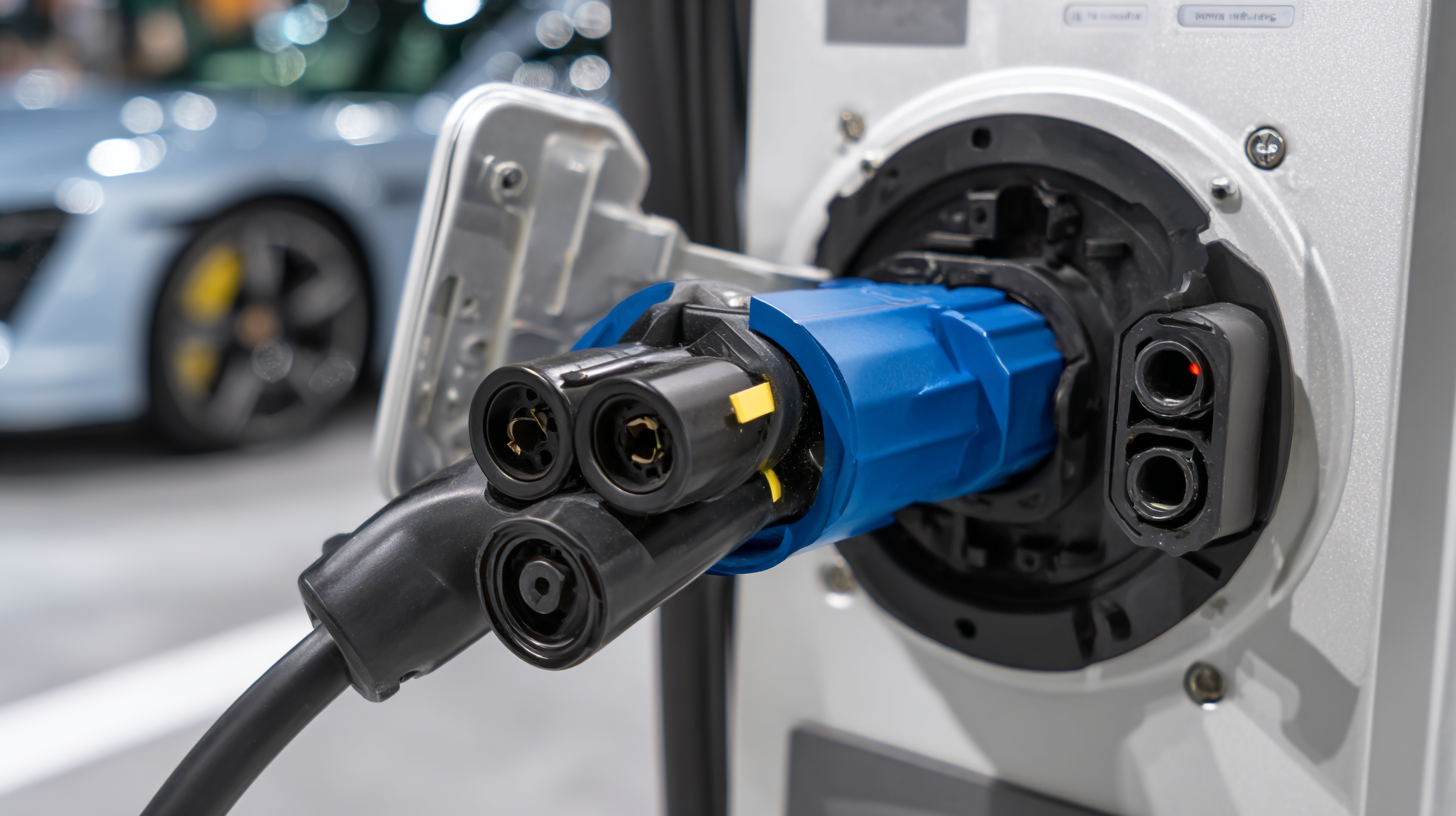
Moreover, smart charging technologies have embraced connectivity, enabling users to control their charging remotely via mobile applications. These apps provide comprehensive insights into charging status, estimate completion times, and even facilitate payments. Additionally, features such as scheduling and automated charging during off-peak hours contribute to a more sustainable energy consumption model. As the infrastructure for EVs continues to integrate these advanced technologies, the transition to a greener automotive future becomes increasingly seamless and user-oriented.
Government policies play a crucial role in shaping the landscape of electric vehicle (EV) charging infrastructure. As the demand for electric vehicles continues to rise, governments around the world are implementing various incentives and regulations to facilitate the expansion of charging networks. These policies often include financial incentives for both consumers and businesses, effectively lowering the barriers to EV adoption. Subsidies for the installation of charging stations, tax credits for EV purchases, and grants for research and development in charging technology are all instrumental in encouraging the growth of this vital infrastructure.
Moreover, government mandates are increasingly setting ambitious targets for EV adoption and charging station deployment. Many countries have established specific timelines for phasing out internal combustion engine vehicles, which propels the urgency for a robust charging network. Additionally, regulations that require new buildings to include EV charging capabilities are becoming more common, ensuring that the infrastructure is integrated into urban planning from the outset. As these policies evolve, they not only incentivize private investment in charging solutions but also create a more cohesive and efficient charging ecosystem, ultimately supporting the transition to greener transportation.
The future of electric vehicle (EV) charging is poised for transformative innovations, with a strong focus on wireless and automated charging technologies. According to a recent report by the International Energy Agency, the global EV charging market is expected to grow by over 30% annually, which will pave the way for advanced charging solutions that enhance user convenience. Wireless charging systems, which use magnetic resonance to transfer energy without physical connections, aim to eliminate the hassle of plugging in. Industry leaders estimate that by 2025, nearly 10% of all public charging stations could offer wireless options, making EV adoption more appealing to consumers.
Automated charging technologies are set to revolutionize the EV experience further. With the integration of smart grids and IoT devices, automated charging enables seamless energy transfer based on the vehicle's battery status and electricity prices. Reports suggest that automating the charging process could reduce costs and time considerably, allowing EVs to charge during off-peak hours and contributing to a more efficient energy ecosystem.
**Tips:** When considering EV purchase, look into models compatible with upcoming wireless and automated charging technologies, which will enhance your driving experience. Additionally, stay informed about local and national incentives for installing home charging systems that support these innovations, as they can significantly lower installation costs.
| Feature | Description | Impact | Year of Implementation |
|---|---|---|---|
| Wireless Charging | Charging without physical connectors using magnetic resonance technology. | Increases convenience and reduces wear on charging ports. | 2023 |
| Automated Charging Robots | Robots that maneuver to charge EVs without human intervention. | Enhances user experience and maximizes charging efficiency. | 2023 |
| Smart Charging Stations | Stations equipped with AI to optimize charging times and costs. | Reduces energy costs and improves load management. | 2023 |
| Vehicle-to-Grid (V2G) Technology | Allows EVs to supply energy back to the grid during peak times. | Promotes renewable energy use and assists with grid stabilization. | 2023 |
| Ultra-Fast Charging | Charging technology that reduces charging times to under 15 minutes. | Enhances feasibility of EVs for long-distance travel. | 2023 |
